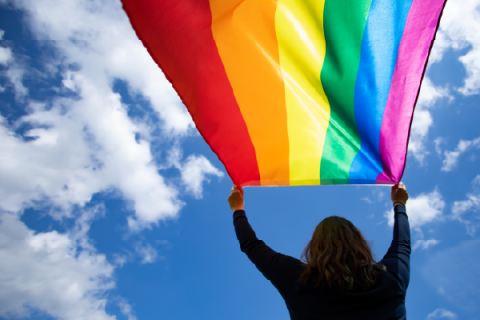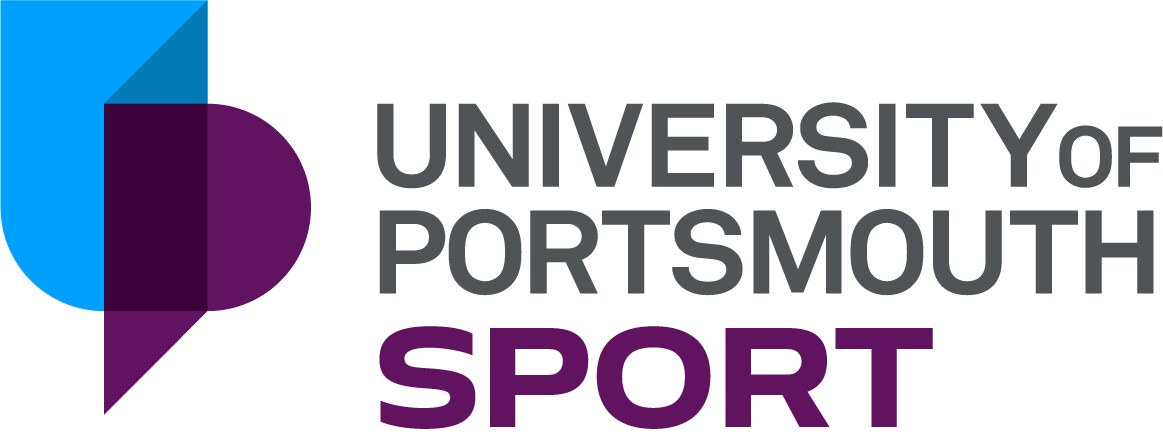

Read this anonymous story about how aesthetics and stereotyping can play a role in sport and how to overcome this.
Our caring about not caring campaign continues with stories from Team UOP member's. This campaign aims to provide insight into the lives and experiences of members of the LGBTIQA+ community. These honest and frank stories are an example of how sport and physical activity can play a part in providing a sense of belonging and combating feelings of anxiety. We want to raise awareness of these stories and of the issues they look to challenge. These personal stories are powerful and should start up conversations between you and your friends, family and teammates. We have also supplied a number of resources below if you are affected by this story.
Tell us about you
I have been involved in sport for as long as I can remember, and have basically tried every sport under the sun. I gravitated to gymnastics as it is an individual sport, which I love because your performance at competition is dependent on you and a judge. Coaches are vital in your development as an athlete but they can’t do your routines for you. When having shared experiences there is a team aspect i.e. training in a group and learning new skills together and having support when things just don’t seem to be going the right way at training or competitions. I also enjoy competitions as everyone is really supportive of one another, teammates and competitors.
I have been competing since I was nine and after that first competition I knew I wanted to do it again and again for as long as I could. I’m glad I did because most of my friends I have met through gymnastics and I have had experiences that I wouldn’t change for the world. And I am so grateful that I am still able to compete here at uni.
Have you ever felt or experienced a negative situation due to your sexuality/ gender identity within your sport, and how did the people around react?
Gymnastics is based around aesthetics and that can lead to comments about your physique from a young age. Unfortunately, this was normalised because it was ingrained in the culture. Thankfully the toxicity is being addressed and changing for the better.
Growing up people made comments about my body about how I was built like a boy because I had muscles and didn’t embrace being feminine. It took me a while to understand that my perception of myself should not be defined by stereotypes or how others perceive me, and that is something that I am still learning mainly because I didn’t accept I was queer until I came to uni.
Queer is often used as an umbrella term for people who are not straight or who don’t identify with their assigned sex at birth. People may also identify as queer if they don’t feel that the terms lesbian, gay, bisexual or trans fully represent them. The “Q” can also stand for questioning. This is someone who is in the process of exploring their gender or sexual orientation, is unsure or is concerned about applying a social label to themselves.
What do you think teams/ sports members can do better to make their LGBTQIA+ teammates feel safer within their sport?
Respect goes a long way in making people feel safe, as well as the environment/culture you create. Embrace everyone with open arms and understand that representation in your sport is very important. Growing up without that representation can be tough without even realising it and people may need time and space to grow and learn about themselves.
If you could meet your younger self what advice would you give yourself?
It’s okay to not have everything figured out. But when you feel safe and confident to express yourself go for it. Coming out is a very personal experience and you don’t have to be out to everyone to feel like yourself - conversations are difficult to have when you aren’t ready. But try to surround yourself with people who allow you to feel unapologetically you.
If you need some support with your mental health at this time, the student wellbeing service have a number of resources to help.

